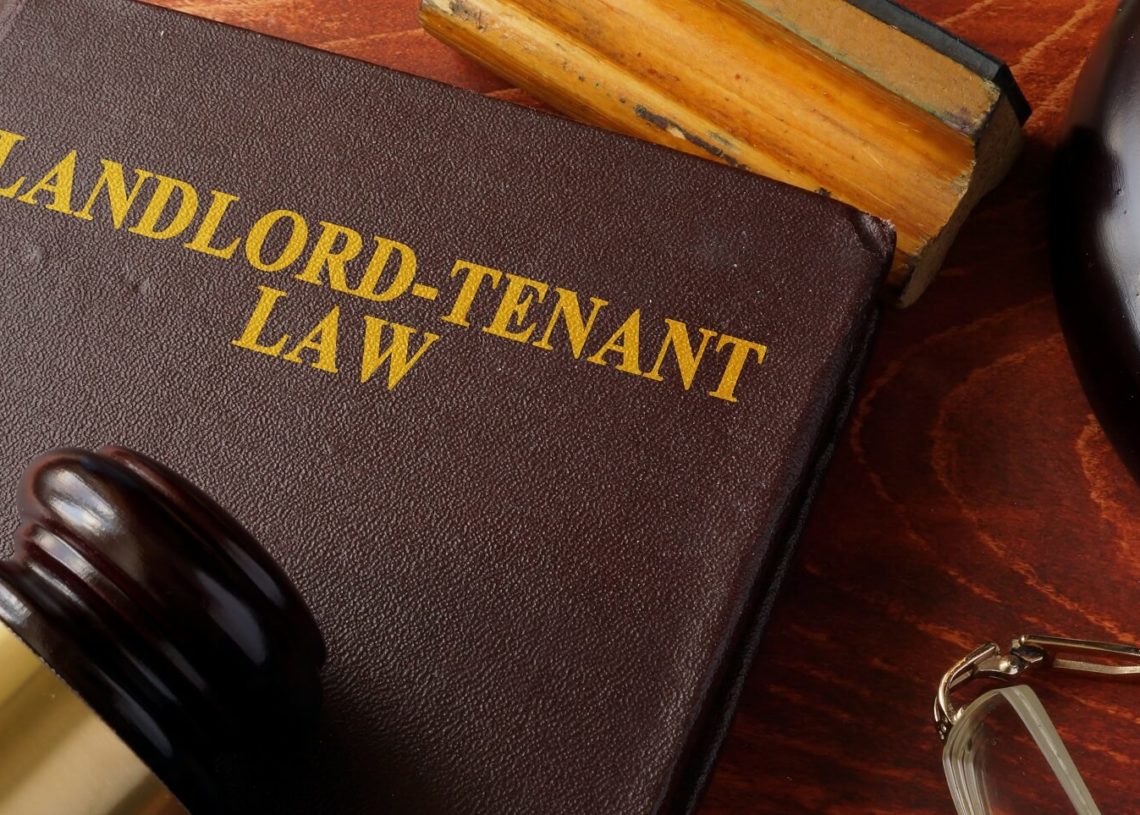Deciding to move into the property market part-time or full-time is no easy choice to make. Misinformed first-time landlords can overlook a lot, and while managing a property may seem like a decent passive revenue stream, this isn’t always the case.
If you decide to manage your property, be prepared to spend a significant amount of time doing so. If you’re a first-time landlord, there are a few things you need to know to be successful.
Today we’ll cover some of the most important first-time landlord tips vital to success in 2022’s letting market.
Understand Law Relating to Rental Properties
There are a lot of laws and regulations surrounding rental properties, so it’s important that you understand your rights and responsibilities as a landlord. Not knowing the law could cost you a lot of money in the long run. That is why we suggest you use the free prorated rent calculator offered by calculator-online.net so as to avoid any error in rent calculation. it will for sure keep your relation with your renter god enough and smooth.
It is always recommended that you consult a lawyer but starting with understanding the legislation is necessary for any landlord. You can find great lawyers available with LegalVision Uk.
You must meet the minimum standards set out in The Homes (Fitness for Human Habitation) Act 2018 for England and Wales. For Scotland, you’ll need to get familiar with The Housing (Scotland) Act 2014.
What Does The Homes (Fitness For Human Habitation) Act 2018 Cover?
The Homes (Fitness for Human Habitation) Act 2018 was enacted on the 20th of March 2019 and applied to England and Wales.
The Act requires that all landlords ensure that their properties are fit for human habitation at the start of the tenancy and throughout. This means landlords must carry out repairs promptly and address any issues that may arise during the tenancy.
The Act covers various aspects, from general repairs and maintenance to more specific issues such as dampness, mould and condensation. Landlords must address any problems that fall within their scope of responsibility to ensure that their properties remain fit for human habitation.
What Does The Housing (Scotland) Act 2014 Cover?
The Housing (Scotland) Act 2014 sets out the law on renting in Scotland. It covers many of the same things that The Homes (Fitness For Human Habitation) Act 2018 covers, including tenancy agreements, deposits, eviction, rent, repairs and more.
It is vital that you remain familiar with the relevant Act for your area, and everything you need to know is detailed in the Act. Failure to comply with them could result in legal action being taken against you – so it is paramount that you adhere to them.
For new landlords – regardless of geographical region – one aspect that can get overlooked is the electrical safety of their rental property. Since 2021, it has been a legal requirement for all landlords to have a valid EICR certificate for their rental property.
What Is An EICR?
An EICR is a report that assesses your electrical installation’s condition and provides a list of any recommendations for repairs or improvements. It is sometimes also known as a landlord safety certificate or an electrical safety certificate.
As a first-time landlord, you may not be familiar with the process of arranging an EICR, but it is important to ensure that your electrical installation is safe and up to standard by using services from electricians such as AC Gold. It is important to note that not all electricians will hold the relevant qualifications to issue EICRs.
But this is just scratching the surface of important legislation you’ll need to familiarise yourself with. Aside from making sure your rental home is habitable, you’ll need to;
Know Who Is Responsible For Paying For Property Damages
When rights are mentioned in rental law, tenant rights are usually in the spotlight, but landlords have a whole host of rights enshrined in law, too – particularly surrounding damage to the rental property.
All these are detailed at length in the relevant legislation.
However, it’s important to know what you are responsible for and what is the tenant’s responsibility to protect your interests.
For example, damage caused by wear and tear is the landlord’s responsibility to fix. However, damage to the property as the result of negligence by the tenant is not your responsibility.
Other Vital Legislative Considerations As A Landlord
As a landlord, it is also your legal responsibility to ensure your tenancy contracts do not contain any ambiguity or clauses that could be considered against the law. The UK and Scottish governments offer handy templates for tenancy contracts worth considering and using to keep you right.
Knowing what to do when you want to evict a tenant, when you want to raise the rent, or if you want to sell the property are all valid concerns you should educate yourself on.
It can take a lot of reading and patience, but if you intend to be a landlord, it is necessary.
To Conclude
Reading up on legislation is hugely important, but consulting lawyers or legal professionals is always the best way forward when it comes to legal matters.
Don’t get caught up in avoidable legal battles by knowing your stuff!










